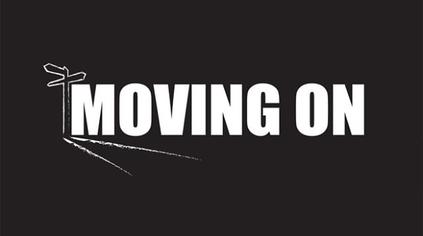Dear SaaStr: As a startup founder, what’s the best way to announce your departure to the team and leave on good terms? The startup is series A/B, with 30+ employees.
I have no magic insights, but I have transitioned post-acquisition out of 2 companies that I’ve co-founded. And I’ve had one key co-founder leave in the critical first year.
At your size (30+ employees), I’d approach it just like a divorce.
Once you’ve made the decision to move on, the “Why” doesn’t matter anymore. Let it go. Now, all that matters is, what’s the best thing for the kids? I.e, for your team, your employees, your customers, and your investors? If your company were larger (150-200+ employees), it’s just part of life … folks come and go but at that stage. But early on, it’s still a family and rather fragile, and built (I hope) on trust.
So my 5 simple suggestions:
1. Thank Them. Thank all the employees, in public, together with your co-founders, and tell them what an amazing product you’ve built together, and how proud you are. If you’ve gotten to 30 employees … you should be proud. You have something. Tell them you love them and you need to move on, but you will always be proud of them and there for them. And be authentic.
2. Show Your Co-Founders Public Respect. Make sure everyone knows Mom and Dad aren’t mad at each other. Make sure everyone knows whatever the reason you’re leaving, you still have total respect for your co-founders and current management. Do your best here, even if it’s hard. Especially if it’s hard.
3. Always Be Publicly Supportive, Not Excessively, But Just Enough. Don’t start tweeting 100 times a day how great the company is. You’re leaving … that’s too much. You’re not part of the full-time team anymore, for whatever reason. But show support and respect. Do a solid post every time the company does something great. Make sure your LinkedIn lists the terrific, amazing things your team accomplished during your tenure. Retweet everything great. Never, ever be negative.
4. When People Reach Out to You, Be Sympathetic, but Never Critical. Disaffected team members may reach out to you. Don’t slam the company, just be sympathetic. “I hear you … that’s tough. What can you do to make things better?” or variants of that show you still care, but that it’s everyone’s job is to make the company great. Don’t let your departure be a reason or excuse for key employees to lose their drive.
5. Smile. If nothing else, try to smile. Even a strained smile, if it’s genuine, works so much better than a frown here. Whatever it is, find something great in your company to always smile about. That day, that week. Forever.
And finally — 6. Sometimes — maybe don’t totally leave. Maybe just move to an individual contributor role instead, or even a part-time role. This doesn’t always work. Sometimes, you 100% need to move on. But sometimes staying an IC for a while can work out fine. And sometimes, you even … end up coming back.
I've decided to become a full-time individual contributor at HashiCorp and will no longer be an exec. This is something we've planned for years and I'm so happy HashiCorp is in a place to allow it to happen. Do what you love, not what others expect! ❤️ https://t.co/M3h8ipjEf0
— Mitchell Hashimoto (@mitchellh) July 22, 2021
Remember, it will always be part of your legacy. SaaS lasts a really, really long time. Embrace the good in it.
Finally, money may be on your mind. You may want to sell your stock. Or you may want to insist on staying on the board to maintain “control”. It’s time to also let all that go, too.
Just hold your shares and make the company great. And get out of its way. That’s how you’ll make real money in the end.


